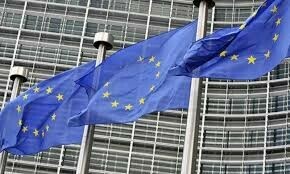LONDON: Salwa Gaspard gazes fondly at the hundreds of Arabic-language books displayed on dark wooden shelves, putting some back in place while exchanging a few words with customers.
In just a few days’ time, her London bookshop, known to literary enthusiasts throughout the Middle East, will close for good.
Al Saqi Books is another victim of the pandemic, and the economic upheaval in the UK and Lebanon, from where Gaspard and her husband Andre’s publishing house prints and ships most of its books.
Since they opened the bookshop in a white colonnaded building not far from Paddington railway station in west London in 1978, it has become a must-see for visitors from the Middle East.

“They would go to Oxford Street (the main shopping street), to Knightsbridge (the area around the famous Harrods shop) and to Al Saqi,” she said. In Arabic, Al Saqi means a water carrier in the desert, the 74-year-old bookseller said, describing it as a “perfect name”.
“We thought it was a very nice name for a bookshop, because we were carrying Arabic culture,” she added.
The bookshop also sells English-language publications on the Arab world “to give them a different idea of the Middle East, which is not about the violent images they see on TV, or they read in the newspaper”, she said.
The bookshop’s success helped the couple to set up a publishing company, initially translating Arab works into English, such as “The Crusades Through Arab Eyes” by French-Lebanese author Amin Maalouf.
For more than 40 years, many writers have come to the London bookshop to present their works, including Syrian poet Adonis.
It also became a meeting place, even a “refuge”, for those uprooted by conflict and turmoil in the Middle East.
Published in Dawn, December 21st, 2022
















































